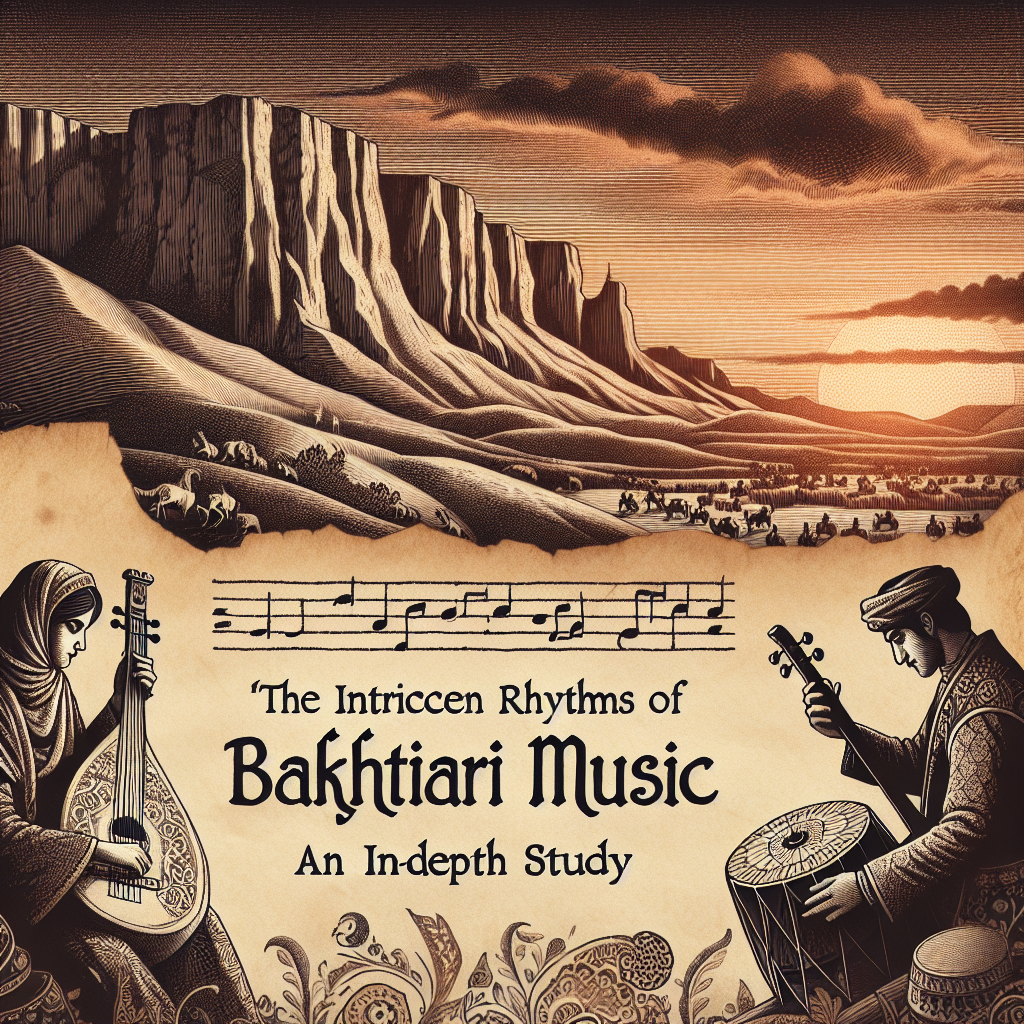Introduction
The curation of music mirrors the experiences, history, and culture of a group of people. One of these groups with a rich music heritage is the Kurdish people. Kurdish music, often seen as an expression of the distinctiveness and resilience of the Kurdish people, has remained vibrant and captivating. This article provides insights into the richness of Kurdish music.
Historical Context
The Kurds, one of the world’s largest ethnic groups without a state, have a rich and vibrant music tradition that mirrors their long history of migration, struggle, and resilience. An important aspect of Kurdish culture, their music has played an essential role in preserving their cultural identity and collective memory, even amidst political instability and social upheavals.
Genres of Kurdish Music
Kurdish music manifests in multiple genres, each reflecting the variety of Kurdish life. Firstly, there’s the traditional folk genre, mainly passed down orally through generations. This genre embodies the Kurds’ experiences, collective memories, and oral history. Folk songs often narrate tales of love, war, historical events, and societal issues.
Another popular genre is Kurdish classical music. Known as “Maqam,” this is characterized by a set of melodic modes and is recognized for its intense beauty and complexity. Maqam can elevate listeners to a heightened state of emotion due to its profound rhythmic patterns.
Distinct Musical Instruments
Distinct musical instruments characterize Kurdish music. They include the duduk, a double-reed woodwind instrument known for its haunting and soulful sound. The tanbur, a long-necked lute, is another essential instrument. It carries sacred significance and typically used in religious ceremonies.
Modern Kurdish Music
In recent years, Kurdish music has been moving towards modernization and diversity. Incorporating pop, rock, hip hop, and electronic genres into traditional Kurdish music themes creates a unique blend that represents contemporary Kurdish culture.
The Role of Music in Kurdish Society
Kurdish music plays a pivotal role in society. It is often used as a means of expression – a medium to voice political dissent, social issues, and promote cultural unity. Music has played and continues to play, a significant role in the Kurds’ fight for recognition and independence.
Conclusion
To conclude, the richness of Kurdish music lies in its robust traditional roots, versatile nature, and profound societal influence. It serves as a testament to their perseverance, resilience, and unique cultural identity. Immersing into Kurdish music provides a striking insight into their rich history and diverse culture. Moreover, it exemplifies the role of art in preserving and promoting cultural heritage amidst adversity.
FAQs
- What is the significance of Kurdish music?
Kurdish music holds immense cultural, historical, and social significance. It documents their history, expresses their experiences, and serves as a vehicle for communication and unity. - What are some musical instruments unique to Kurdish music?
The duduk and the tanbur are two primary instruments unique to Kurdish music. - What are the different genres of Kurdish music?
Kurdish music includes traditional folk music, classical Kurdish music (also known as Maqam), and modern forms that incorporate elements from Western genres. - How has Kurdish music evolved over time?
Kurdish music evolved from traditional folk and classical genres to embrace more contemporary sounds, blending elements from pop, rock, hip hop, and electronic music. - What role does music play in Kurdish society?
Music in Kurdish society is a medium of storytelling, a form of social commentary, and a means of preserving and promoting Kurdish cultural identity.




